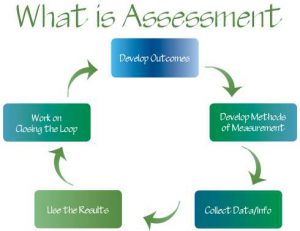
Bon Dieu. Saltz catches us up on the techno-climactic imitation-felt confluence-peddling praxus-shuffling symbolically-metaphorical thrice-divorced yet still unimaginably and singly imponderable grammatically-scientific but geographically-sociological and revolution-intolerant latest art show:
The catalogue has words in it that I didn’t know. The show is about the “precariat” and “geontopower.” I looked them up. The first word is about a generation born during a period of the greatest accumulation of wealth in the history of the world but who nevertheless live in unstable economies. It’s worth pointing out that 99 percent of all artists have always lived like this. Needless to say most of the artists included here are relatively well-off —either schooled, degreed, living in more than one city (that’s a nice racket), recipients of important grants and residencies where they do “interventions with the local communities.” This is not to say, of course, that no beneficiary of art-world largesse should feel qualified to make work involving social critique. Quite the opposite. But I want to see them walking the walk, not just posing the pose.
To define the second word, “geontopower,” the catalogue offers a dodge: “a set of discourses.” You can’t win with these people! Words like “undercommons,” “hypercapitalism,” “networked mediascapes,” and “anarcho-syndicalists” are tossed off. There’s lots of usual art-speak about art that “interrogates,” leading us to conclude that in the last 15 years the art world has gone from being undertakers proclaiming mediums dead to becoming lawyers taking depositions. In an old neo-Marxist tip of the hat, the approved word for artists is now “cultural producer.” No artist can rise to these levels of activism. Especially not very very young ones. (And these are the same people who end up writing the histories, curating the shows, teaching the courses, editing out “impurities” from bibliographies, reviewing one another’s shows, hiring colleagues for jobs.) Meanwhile, a claque of critics lauds every show and demonizes all those who don’t. It’s airtight.
There is no joy in attending a gathering of people who [ostensibly] do what you think you do but all urgency is being discussed in a language you do not understand. It could be that the end-product of the eventual combination of art and business schools is to organize an end-of-the-world exhibition where nobody comes.
